
Rogue coup attempt thwarts US plan for Venezuela
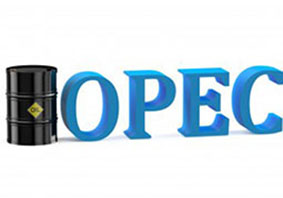
The Maduro government accuses opposition leader Juan Guaido and Venezuelan political operatives abroad of signing a $212.9mn contract with Florida-based security firm Silvercorp to lead a mercenary operation in league with Venezuelan soldiers exiled in Colombia. In a press conference yesterday, communications minister Jorge Rodriguez claimed a Colombian drugs-trafficker and agent of the US Drug Enforcement Administration was in charge of logistics for the operation.
Two US military veterans and around 14 soldiers are now detained in Venezuela after carrying out foiled amphibious operations on 3-4 May, Venezuelan officials said. At least eight were killed.
In declarations yesterday before the opposition-controlled National Assembly over which he presides, Guaido denied any connection to the group or to Silvercorp.
US president Donald Trump yesterday denied any knowledge of the incidents. "We just heard about it," Trump said, adding: "But it has nothing to do with our government." In a briefing this morning, US secretary of state Mike Pompeo said "there was no direct US government involvement in this operation. If we were involved, it would have gone differently." Pompeo declined to comment on who might have bankrolled it, warning that the Maduro government could decide to hold any US citizens caught up in the episode as hostages.
A person reached at Silvercorp on 4 May declined to comment, except to note that Jordan Goudreau, head of the self-described "security risk management" company, was in Colombia.
The Maduro government claims Silvercorp is linked to security for Trump. Silvercorp has boasted of ties to Venezuela's opposition. On its Instagram page, Silvercorp says it provided security during a 22 February 2019 Venezuela aid concert in the Colombian border town on Cucuta, on the eve of a failed US-backed effort to bring humanitarian aid into Venezuela. Guaido had slipped out of Venezuela to appear on stage in what were the heady, early days of the anti-Maduro campaign.
The opposition is now blaming the Maduro government for the fresh debacle. "The regime knew about that operation, you (Maduro) infiltrated it and waited to massacre them," Guaido said.
Guaido leads a parallel administration, run mostly by Venezuelan exiles, that earned recognition from the US and more than 50 other countries since his constitutional declaration on 23 January 2019. Shortly after, the US imposed oil sanctions on Venezuelan state-owned PdV, complementing financial sanctions levied in August 2017.
But contrary to US and opposition expectations, Maduro resisted efforts to remove him, including an aborted 30 April 2019 military uprising. And despite broad Western recognition for Guaido's parallel administration, Maduro maintains the recognition of the UN and most multilateral organizations, as well as Russia, China and other governments.
Stalled momentum
After Guaido overcame a Russian-backed government maneuver at the end of 2019 to sideline him from the National Assembly, Washington has struggled to reinject momentum into the regime change campaign. Trump is up for re-election in November, and Florida, home to many Venezuelan and Cuban exiles, is critical to his prospects. Havana is Venezuela's key security and ideological partner.
The US ratcheted up sanctions this year, with a focus on Maduro supporters Cuba and Russia. And in March, the US Justice Department indicted Maduro and more than a dozen senior associates for drugs trafficking and money-laundering. A few days later on 31 March, as the Covid-19 pandemic started spreading through Venezuela, the US laid out a power-sharing plan that would gradually dismantle the sanctions in line with steps toward democratic elections. In the meantime, the US launched an anti-narcotics campaign in the Caribbean, very close to Venezuelan waters.
Whether the new coup attempt was condoned or just inspired by the US administration, any fresh momentum that built up in recent weeks has now stalled.
Maduro has launched a new security crackdown, even as his new acting oil minister Tareck El Aissami and acting PdV chief executive Asdrubal Chavez work to consolidate control over PdV.
Under their watch, PdV is working to repair the company's refineries with Chinese and Iranian support. Recommendations by an El Aissami-led restructuring commission to overhaul PdV and open up the sector to private investment were leaked last week, eclipsing the opposition's final oil sector reform proposal that was released days later.
A fuel shortage is slowly easing, thanks to a trickle of supply, partly transshipped through neighboring Caribbean islands.
By Patricia Garip

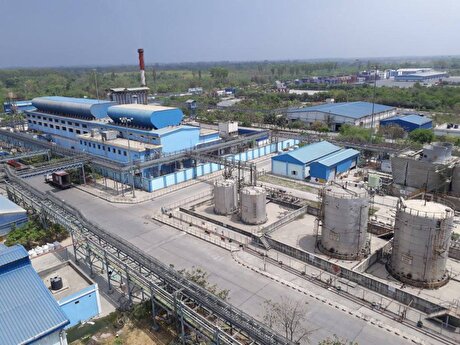
Hindustan Zinc to invest $438 million to build reprocessing plant

Gold price edges up as market awaits Fed minutes, Powell speech

Glencore trader who led ill-fated battery recycling push to exit

UBS lifts 2026 gold forecasts on US macro risks

Roshel, Swebor partner to produce ballistic-grade steel in Canada

Iron ore price dips on China blast furnace cuts, US trade restrictions

Emirates Global Aluminium unit to exit Guinea after mine seized
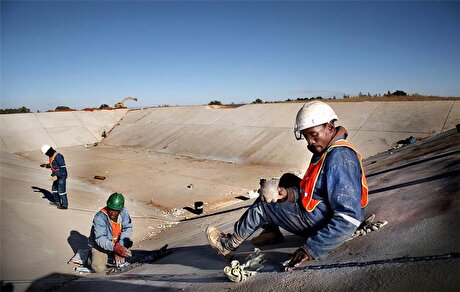
South Africa mining lobby gives draft law feedback with concerns

EverMetal launches US-based critical metals recycling platform

Barrick’s Reko Diq in line for $410M ADB backing

Gold price gains 1% as Powell gives dovish signal

Electra converts debt, launches $30M raise to jumpstart stalled cobalt refinery

Gold boom drives rising costs for Aussie producers
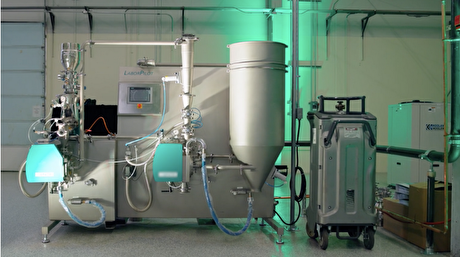
Vulcan Elements enters US rare earth magnet manufacturing race
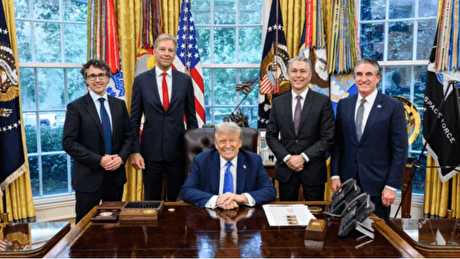
Trump raises stakes over Resolution Copper project with BHP, Rio Tinto CEOs at White House
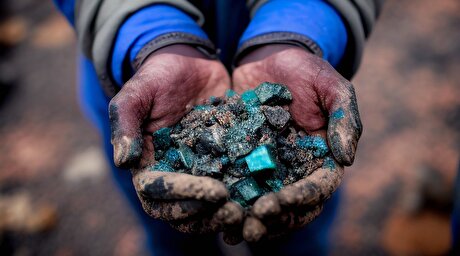
US seeks to stockpile cobalt for first time in decades

Trump weighs using $2 billion in CHIPS Act funding for critical minerals

Nevada army depot to serve as base for first US strategic minerals stockpile

Emirates Global Aluminium unit to exit Guinea after mine seized

Barrick’s Reko Diq in line for $410M ADB backing

Gold price gains 1% as Powell gives dovish signal

Electra converts debt, launches $30M raise to jumpstart stalled cobalt refinery

Gold boom drives rising costs for Aussie producers

Vulcan Elements enters US rare earth magnet manufacturing race

US seeks to stockpile cobalt for first time in decades

Trump weighs using $2 billion in CHIPS Act funding for critical minerals

Nevada army depot to serve as base for first US strategic minerals stockpile

Tailings could meet much of US critical mineral demand – study
















